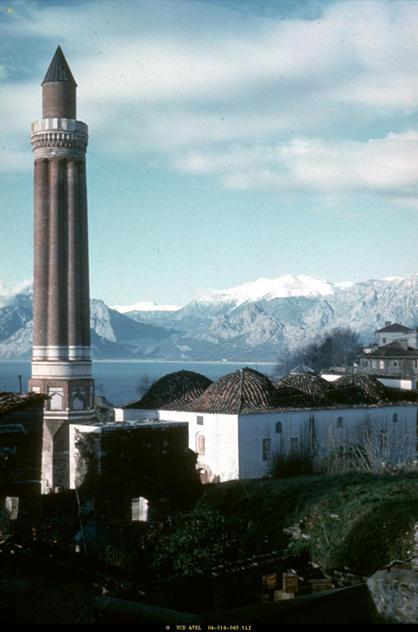
"[We] set out for the country of the Turks. ... It was conquered by the Muslims, but there are still large numbers of Christians there under the protection of the Turkmen Muslims. We traveled on the sea for ten nights, and the Christians treated us honorably and took no passage money from us. On the tenth day we arrived at Alanya [where the province begins]. This country ... is one of the finest in the world; in it God has brought together the good things dispersed throughout other lands...[Gibb, p. 415 - 416]


 Take a side trip to learn more about Anatolia's history.
Take a side trip to learn more about Anatolia's history.
